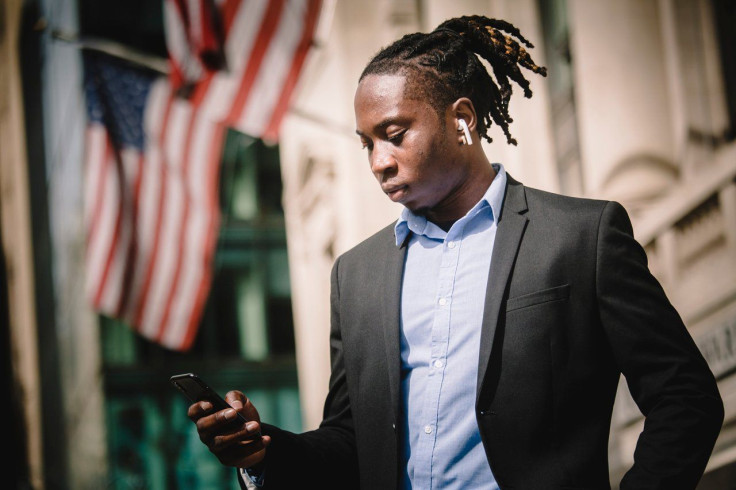Contact Tracers Face A Unique Enemy: Robocalls
KEY POINTS
- North America has high rates of scam calls, making Americans reluctant to pick up the phone for any number they don't recognize
- This is a problem for contact tracers, who have partnered with service providers to ensure their calls have identifying information attached to them
Contact tracing has been an important part of COVID-19 response efforts since the beginning, but in North America those efforts are often disrupted by an abundance of robocalls.
A surge in scam-call rates occurred well before the COVID-19 pandemic hit, but legitimate mass-call programs implemented to halt the virus’ spread found that most Americans simply won’t answer their phones for a number they don’t know.
As a result, contact tracers have been forced to find ways to differentiate themselves from scammers.

Data from Transaction Network Services, a company providing call filtering and information for some of the U.S.’s largest phone networks, indicates only one in 10 people answer their phone when called by a number they don’t know. Providing a bit of caller information bumps that number up to four in 10.
Bill Versen, TNS’s chief product officer, told Yahoo Finance a full 83% of people called for contact tracing thought the call was a scam.
“We'd venture to say that agencies around the country don't realize how big this problem is, nor are [they] leveraging a service provider to get their contact tracing calls answered,” he said.
Some contact-tracing programs have been finding workarounds, such as partnering with telephone networks to make sure all their calls show who they are and label them as legitimate. Some even provide a small summary of their mission for contacts to read.
Those efforts have boosted success rates and been implemented in almost every state. Still, challenges remain.
Some enterprising scammers have used the implementation of contact tracing to pose as tracers, fishing for personal information or just hoping someone picks up so they can add the contact to a list of active numbers to be sold. The Federal Trade Commission has clarified that contact tracers will never request social security numbers, banking information, immigration status, money, or request that you download files.
Versen says that people should still let unknown callers go to voicemail. They could be collecting information or working scams that charge huge international fees when people call them back.
“Legitimate callers will leave a voicemail or find another way to contact you via email, SMS or a personalized app,” he told Yahoo Finance.
© Copyright IBTimes 2025. All rights reserved.





















